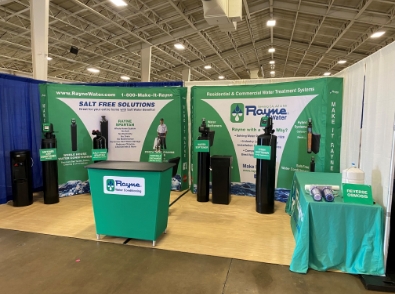drinking water system in your home is one way to ensure safe and quality tap water is provided. A recent article from weather.com states that pregnant women exposed to chemical contaminants had the highest for each outcome of types of birth complications. The study, published in the Canadian Journal of Economics from Princeton University’s Woodrow Wilson School of Public and International Affairs, associates environmental contaminants like water pollution with a higher rate of birth defects at a population level. “Fetuses are vulnerable to all types of pollution, including water contamination caused by chemicals and bacteria,” said Janet Currie, the Henry Putnam Professor of Economics and Public Affairs at the Woodrow Wilson School of Public and International Affairs, in a press release. “This contamination can lead to a host of problems, including low birth weight babies who can have lifelong cognitive struggles.” It doesn’t mean that tap water should be avoided completely. In fact, it is still much more economical and eco-friendly than bottled water. Your best option? A home drinking water system that can reduce the amount of contaminants in your tap water and improve the quality with the turn of the faucet. Safer drinking water doesn’t have to be expensive and certainly isn’t difficult to get. There was a similar study in the past that also caused worry among pregnant users of public water systems. Your water may not be free of all contaminants, but you may see levels of contaminants which don’t pose any serious health risk. Still, some women may be more vulnerable than others to potential harm caused by water contaminants. As babymed.com adds, “you should know that certain chemicals that can be found in your drinking water might have a negative effect on the fetal development of your child.” Reduce contaminants and your risk by contacting us today and learning more about our water filtration technology and drinking water systems.


